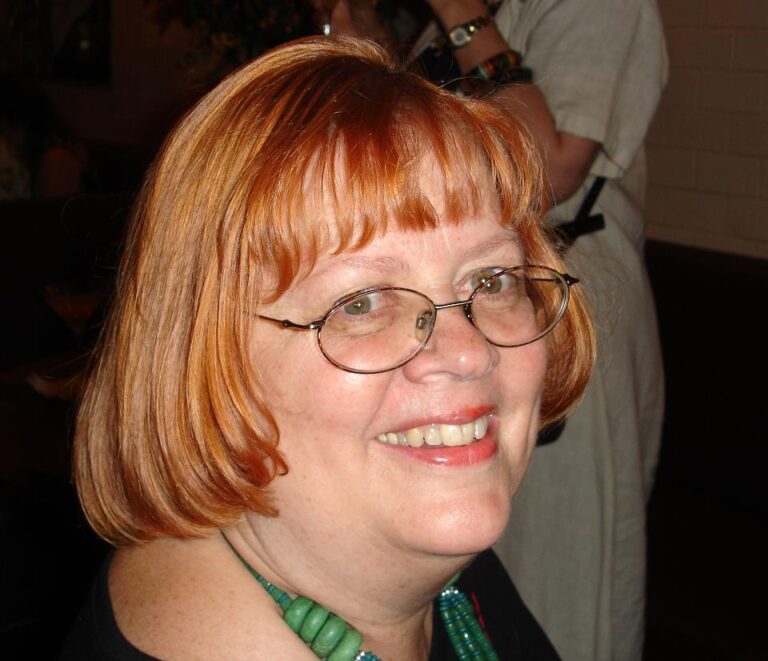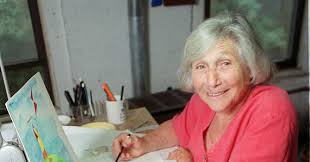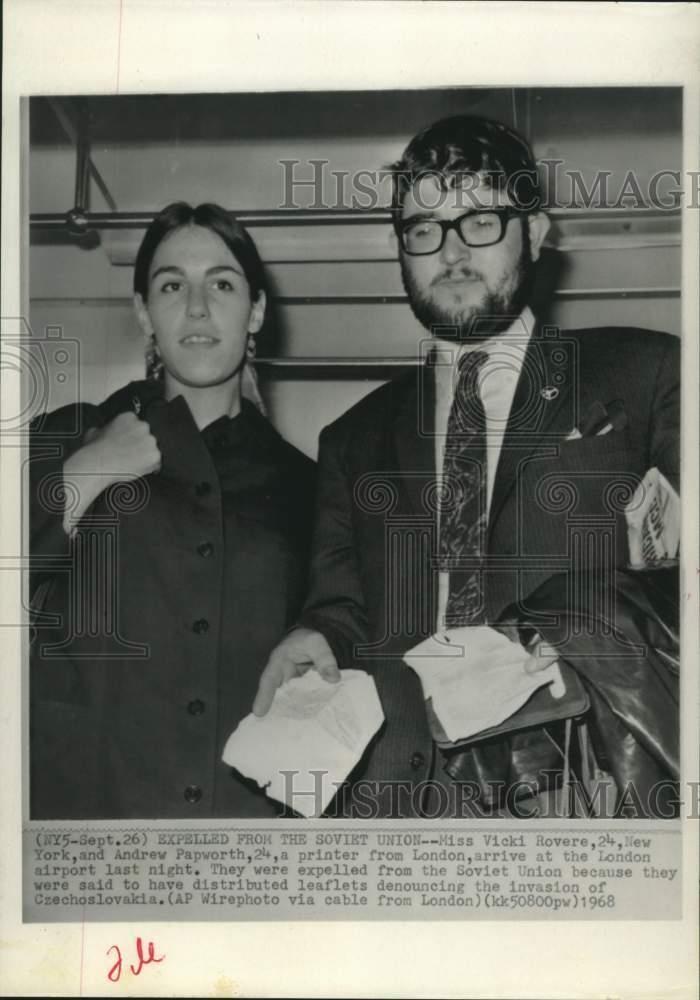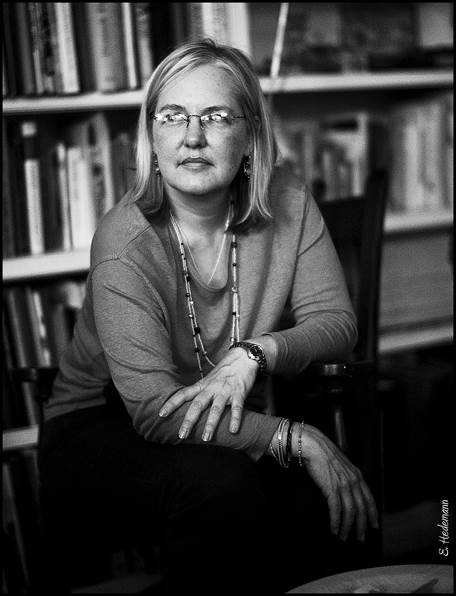WRL at 95: Redefining our Base, Building our Power
At Ninety-Five, the War Resisters League Tries New Tactics
“We’re acknowledging the many ways militarization shows up in our lives and neighborhoods.”
by Eleanor J. Bader |
When educator Jesse Wallace Hughan founded the War Resisters League in 1923 in the wake of WWI, her focus was on ending armed conflict.
Ninety-five years later, the WRL is still resisting war, but its core strategies have changed. Today’s WRL is zeroing in on underlying causes of military tension—including economic inequality, unequal access to resources, imperialism, and racism.
“We’re acknowledging the many ways militarization shows up in our lives and neighborhoods,” Tory Smith, the group’s newly hired national organizer explains. Smith describes the reorientation as a cultural shift: “we want to be intersectional, international, and intergenerational.”
WRL communication and development associate, Raul Ramos, explains that the group’s current focus is on youth and other “frontline” communities—the people most impacted by military spending, as well as on the growing militarization of law enforcement agencies and police violence.
This is in addition to the WRL’s signature work: training activists in nonviolent resistance and countering military recruitment in high schools. What’s more, its No SWAT Zone program opposes trainings and sales of military equipment to police forces throughout the country.
More recently, the group has begun to address ways war has changed from ground combat to aerial bombings, and how that impacts civilians. Lastly, WRL’s “Forgotten Wars” project spotlights conflicts that have fallen off the radar of mainstream media.
It’s an ambitious agenda, but one that was enthusiastically received by the standing-room-only crowd at the WRL’s mid-October 95th birthday bash in lower Manhattan. A combination morale booster, fundraiser, and rededication to resistance, the event brought together seasoned organizers and the newly radicalized to lift a glass in WRL’s honor.
The WRL is “an anchor in the non-religious pacifist movement,” longtime activist Leslie Cagan told me after the celebration. “They have always brought fresh-thinking and bold ideas to the broader movement for peace and continue to find ways to move the needle on key issues of the day.”
The occasion also gave supporters a chance to revisit issues that have periodically divided peace activists.
Smith and Ramos explain that there has always been contention about where to draw the line on nonviolent direct action and property damage since some anti-war/peace movement members have, during the last several decades, tampered with nuclear warheads, hammered on buildings and military hardware, and poured blood on weapons and military records.
Some see this as going too far, while others approve of the tactic, but this difference of opinion is OK, WRL organizers say. Then there’s the question of support for political prisoners and dissenters–something WRL champions– regardless of the tactics that landed them in jail.
“Even if we don’t pick up a rifle and fight beside them, we don’t believe political prisoners like Oscar Lopez Rivera, who spent thirty-six years in prison, should be locked up,” WRL office coordinator Linda Thurston adds, noting that the Puerto Rican nationalist was accused of causing property damage and death in support of Puerto Rican independence .
Contemporary concerns include how militarism propagates racism, patriarchy, sexism, and homophobia, issues that newer staff see as intertwined. “One of the biggest strengths of WRL is its history,” Smith says, “but we need to separate building on history from making history into an exact blueprint for what we have to do now and in the future.”
Revamping its work with eye toward intersectionality led to recent work with the 2018 Poor People’s Campaign, the Arab Resource Organizing Center, the International Jewish Anti-Zionist Network, Critical Resistance, and Black and Pink, a queer prison abolition group. They also support Indigenous struggles at home and abroad.
This made Corrina Gould a logical choice for WRL’s 2018 Peace award–given at the 95th anniversary celebration. Gould, works in San Francisco’s Bay Area organizing and mobilizing Indigenous communities to protect and reclaim Native sacred lands. Other awards were given to the New York City-based Peace Poets; the prestigious Grace Paley Lifetime Achievement Award went to antimilitarist southern activist, Mandy Carter. Carter, sixty-nine, has worked to promote LGBTQ equality, racial and gender justice, and peace for more than a half century.
Accepting the award at the WRL celebration, Carter talked about “losing forward”—recognizing that ripples of progress are often invisible until they coalesce into a wave of victory.
“You never know whose life your work will touch,” she said.
The WRL wants its reach to be as broad as possible, which is why staff and supporters have met with people living in conflict zones throughout the world. For example, in 2016 a group of U.S.-based anti-war activists originally from southwest Asia and North Africa traveled with WRL support to Greece and spent a month working with Afghani and Syrian refugees, interviewing them and subsequently sharing their stories with domestic audiences.
Closer to home, the group’s No SWAT Zone campaign has, for the past four years, addressed the nexus between police violence and police militarization.
“The SWAT trainings always include more than 200 vendors who want to sell equipment to police forces in our communities. They are often the same people who sell bombs for use abroad,” Smith says.
One of the biggest trainings, called Urban Shield, takes place in the San Francisco Bay area. “We’ve worked hard to connect militarism to police brutality and violence,” Smith says. “We did a lot of the background research to identify Islamophobic speakers and hate groups that play a role in these gatherings.”
The effort paid off. This year, The Stop Urban Shield Coalition pushed the host city, Richmond, California, to deny Urban Shield a meeting place. Even better, Smith adds, the Alameda County Board of Supervisors has asked the Coalition to help them formulate a non-military strategy for emergency preparedness.
“Militarization is always cast as a way to keep people safe,” Smith says, “and while we know that this usually means white people being kept safe from people of color, we also know that there are a lot of actual emergencies—earthquakes, hurricanes, tornadoes—and we can respond in ways that are not militarized.”
At the celebration, Sam Koprak, a member of Brooklyn for Peace, expressed his appreciation for WRL’s efforts to address the multiple ways that militarism interferes in people’s lives.
The group does important work, he says, helping us “make the connection between a bloated war-driven economy and its corresponding inability to meet human needs domestically.”
Share







